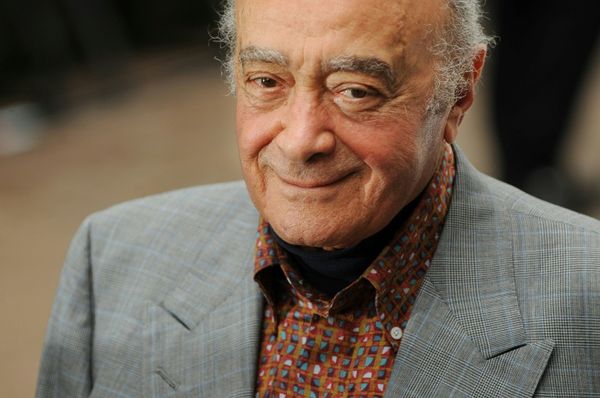
What exactly is the Greens’ position on an Indigenous Voice to Parliament? We know their formal position is an Uluru Statement-is-wrong argument that a voice should come last after “truth” and “treaty”. But what about the government’s intention to hold a referendum on an Indigenous voice? It seems to depend on who you ask and what day of the week.
Greens’ First Nations spokesperson Senator Lidia Thorpe said in September the referendum is a waste of money and a “wasted exercise”. She won’t commit to supporting the case for an Indigenous Voice. Yesterday, Thorpe and Greens leader Adam Bandt demanded $160 million be committed in the budget on truth and treaty mechanisms. Fair enough — that’s Greens policy.
But then the kicker: Thorpe says she will not support an Indigenous Voice unless there is “concrete progress on all three aspects of the Uluru Statement”.
So is the Greens’ formal position that they won’t support the Voice referendum unless their budget demands are met? Thorpe, after all, is the party’s spokesperson responsible for the issue. But wait a moment — on Wednesday, Thorpe’s colleague Sarah Hanson-Young said that she would be supporting a voice and her colleagues would, too.
That was after the brief disturbance created by The Australian reporting that Thorpe had met with failed Liberal candidate Warren Mundine about his plan for a campaign against the voice. It turned out Mundine was meeting with a number of crossbenchers about other issues; Thorpe denied she would be back a no campaign and has complained to the Press Council about The Australian (good luck).
The Greens appear caught in a wedge between the far-left elements of their base — some of whom will gravitate toward a horseshoe union with the far right to oppose a Voice regardless of the proven need for Indigenous co-design and co-implementation of policies — and the more mainstream sections of the party, including voters who swelled the Greens’ representation in parliament on May 21, who support a voice and regard the obsession with reversing the Uluru Statement as pointless contrarianism.
The public playing out of this tension, with a hapless Adam Bandt apparently unable to display any authority on the issue, looks increasingly like the Greens focused on internal politics rather than putting their energy into a bona fide attempt to implement the Uluru Statement.
Either the Greens back an Indigenous Voice to Parliament in the coming referendum or they don’t. The constant parade of different positions, caveats, attacks, assurances while the right musters it forces to launch a wrecking campaign is an expensive self-indulgence.







